|
We talk about nurturing children often, but what exactly does it mean to nurture and what is our role? The dictionary defines a nurturer as, “someone who nurtures others, offering food, protection, support, encouragement, or training”. On the face of it, nurturing appears to be about caring and protection. It wasn’t that long ago that parents and educators were mostly focused on the logistical elements of nurturing such as feeding, clothing, sheltering, and imparting knowledge. The emotional development of a child wasn’t a priority factor in the way that it is today, or at the very least, wasn’t an area that was understood enough to be able to consciously nurture. Now when we think about nurturing children, we are more aware of the holistic picture. Research and developments in psychology now help us understand that nurturing a child involves several pillars. Rather than looking simply at providing for basic needs, we understand that nurturing is also about the people and relationships in a child’s life. We also understand that rather than focusing on the child’s personality (although this does need reflecting on when developing a nurturing approach, which we’ll touch upon later), we create the optimum environment. Much like the analogy of planting a seed in the nutrient rich soil to ensure its healthy growth. Maslow’s Hierarchy of Needs shows us a model for meeting needs and nurturing. At the bottom of the pyramid are our basic physiological needs. From there, we build upon our needs until we reach the top of the pyramid where we can grow and spend time on personal development and fulfilment. It’s important to note this is a theory. It has been recognised that people may require their needs met in a different order and there is debate as to whether there is a hierarchy at all. But as a guide, Maslow’s Hierarchy of Needs draws awareness to our human needs and helps us reflect on how to nurture our children. There is certainty amongst psychologists that when basic needs, such as safety, security, and attachment, are not met, children cannot reach their potential in learning. This is significant and suggests that we should, most definitely, pay attention to how we might consciously provide both physical and emotional care. So, how can we nurture children? We need to look at nurture from physical, emotional, mental, and spiritual perspectives. Although these are separate elements, they are also interconnected. Physical nurturing involves the provision of good food, shelter, clothing, hygiene etc. When we take of children’s physical needs, we also send them an emotional based message that they are loved and cared about. Emotional nurturing relates to consideration of their self-esteem, mental health, development of coping skills and resilience. Mental nurturing involves opportunity to learn and develop skills that help them gain fulfilment and purpose in life. This links back to emotional nurturing as their learning and skill acquisition impacts confidence, self-esteem, and overall happiness. It also links to spiritual nurturing as we help them discover their passions, purpose, place in the world and develop their understanding of self. As you can see, these elements of nurture cannot be disconnected. After the provision of physical needs, we can first and foremost, make ourselves aware of attachment theory. This is based on the concept of early relationships that children form with a significant adult. The theory states that a strong, secure attachment with at least one main caregiver is crucial to a child’s development. This attachment has the power to influence a child’s emotional wellbeing, future relationships and even links to future generations. It is worth becoming familiar with the 4 attachment styles and reflecting on our own experiences as well as how that may be presenting itself in our relationships with children. In addition to this, we can choose our approach to our interactions with children that are rooted in a few principles. These principles are:
How does nurturing a child look in real life? Nurturing a child involves simple everyday interactions, relationship building and some inner work for us the adults. Ways you can nurture your child include:
Nurturing children is a big responsibility. Have self-compassion, especially on those days where you doubt yourself. Your ability to nurture is dependent on your own wellbeing so taking care of yourself is important to do alongside taking care of your child. Remember, once you’ve taken care of the basic physical needs, nurturing comes down to relationships. Prioritise that and your future self, your child, and the generations to come will thank you. From 10th to 20th November 2023 we're running a Nurture November Challenge!
|
| You’ve worked hard on identifying emotions and helped your child name their feeling but they’re still overwhelmed. The related behaviours and actions are driving you mad … so, now what? Labelling emotions is one skill our children need to learn to develop into emotionally capable and resilient people, but they also need self-awareness. They need to know themselves. They need to understand what the emotion is telling them. Emotions are messages that help us make choices in relation to the things that are happening around us. For example, if your child is worried about their upcoming exam they can choose to prepare by studying. Kids need us, mums and dads, to help them interpret their emotions and make good choices such as this. What happened the last time your child was overwhelmed with worry or frustration? Did you try to brush it away or ‘fix’ the issue? |
It can also be extremely difficult for us emotionally when our child is overwhelmed. We are often unconsciously triggered emotionally, whether that be because of our own past experiences or because we are tired and have an ‘empty tolerance cup’. After a busy day at work, you are likely to become emotionally triggered if, at 6PM the night before the exam, your child comes to you upset and worried. You would certainly not be alone if you rolled your eyes in frustration and exasperatedly said, “And now you tell me!’' Or wearily yawned 'You’ll be fine” and sent them to bed with a ruffle of the hair.
What our children really need from us in their emotionally challenging moments is to feel understood. When we try to sweep them on through their feelings at speed, we may get some short-term relief from the discomfort of being around a child with big feelings. I get it. Sometimes the crying, whining or the general energy that emotions bring (the tween door slam gives me an instant tense, tight jaw!) is just too much. But if we always brush them away or try to fix the issue, children can sense our discomfort of big emotions. This becomes a missed opportunity to develop emotional intelligence and teach them healthy habits. Rushing our children through big emotions or ‘fixing’ the issue teaches our children to suppress, avoid or use other unhealthy habits to cope with their big emotions. It can also lead to feelings of shame around experiencing challenging emotions.
Although difficult and requiring our own self growth, our children need us to show them that it’s OK to sit with big feelings, accept them and become curious. Reassuringly, research shows that even doing this just some of the time is effective, which gives us some space to be human!
It’s important to remember that pushing feelings away tends to lead to them popping back up with increased force! Repeatedly! The more we can support our children in these moments the more their emotional intelligence will grow. Big feelings will settle when children feel listened to and understood, even if the reason for their emotions seem nonsensical to us.
One question that can help in a challenging emotional moment is to ask your child,
“What do you need?”.
“What do you need?”.
A simple, powerful question! With just these four words you can:
- reduce the number of times you try and ‘fix’ an issue for your child
- encourage your child to reflect on the message the emotion is giving them
- empower your child to identify their needs and therefore increase their resilience and ability to cope with challenging emotions
- help your child manage their feelings in a healthier way
- help your child settle their feelings more quickly as they (and the message of their emotion) have been ‘heard’.
Try it next time and see what happens!
| Have you ever asked your child if they’re OK and received a taut ‘I’m fine’? Have you ever noticed your child’s crossed arms and frown, only to get a snappy “Nothing!” when you ask what’s wrong? It can feel unsettling for parents when they know their child is experiencing challenging feelings, but they won’t open up about their emotions. But here’s the thing: we can encourage our children to open up when we use the right language. When we don’t get an open response from our child, it tends to lead to our own frustration and maybe even anger. A taut, frustrated or angry response from another person, even when it’s our own child (actually especially when it’s our own child!!) can trigger our protective responses from the emotional part of our brain. When this occurs our body language shifts to something less welcoming and our language also tends to be harsher. We might hear ourselves saying things that we know aren’t going to help. |
When our children are asked closed questions such as “Are you OK?” or “What’s wrong?” they are very likely to respond in angry, frustrated tones because their nervous system is in stress mode, which means they’re not thinking clearly. They may be experiencing negative thoughts or cognitive distortions which are causing them to feel disconnected and fuelling their emotional state. If you were feeling upset and someone asked, “Are you OK?”, you might automatically experience thoughts popping up such as a sarcastic “Do I look OK?!, or “What a stupid question?”, or “If you don’t know what’s wrong already, leave me alone?”. Using the right language can take the moment in which our child is struggling in an entirely different direction. A direction that feels good for both us and our children whilst also helping them make progress in terms of emotional development and problem solving.
So, how do we encourage our children to open up and talk, instead of both them and us feeling furious and disconnected? It’s actually simpler than we realise! We have a tendency to overcomplicate things and an urge to ‘fix’ our unhappy child which can result in our almost panicked “What’s wrong?”. This can feel like pressure to a child who may not quite know what’s wrong or at least not know how to articulate it. It also gives an impression (which may or may not be the case) that you’re uncomfortable with their emotions. Instead, we can draw them into a space that invites curiosity and discussion by stating our observations. Pause, observe and tell your child what you’re seeing in their facial expression and body language.
“I’ve noticed your shoulders look tense.”
“I can see your smile is gone.”
Reflecting these observations back to our children helps them to become more deeply in tune with how their feelings are experienced in their body. It also helps them to feel SEEN and sense that their emotions are safe with you. This is a solid starting point to actually start talking about how they feel before exploring triggers and solutions. This is the language that builds emotional intelligence.
From this simple starting point of reflecting your child’s physicality back to them, you will notice that their body language shifts a little as they move their focus to it. You will also notice the atmosphere softens as they become more open to conversation because they feel understood. The key at this point is to maintain that gentleness and curiosity. If you need to encourage them to talk, use a phrase such as “Tell me more”. This gives permission for the feelings to be whatever they are, without judgement.
Remember, our goal as parents is to support our children to navigate all emotions.
Our Kids Den resources support you to have meaningful conversations with your child. Check out the range here.

During my own learning and personal growth, prompted by becoming a parent, I've discovered that it's crucial to perceive parenting as a relationship rather than a job to do. The connection we have with our children, I believe, is the channel through which we can embed the foundations they need for a life of emotional health and happiness.
Here's my favourite quotes to inspire a parenting approach that places connection at it's heart!
~Alfie Kohn~
A strong emotional connection to at least one adult is the best buffer from trauma that we can give our children.
~Pam Leo~
The parent-child connection is the most powerful mental health intervention known to humanity.
~Bessel Van Der Kolk~
As children develop, their brains “mirror” their parent’s brain. In other words, the parent’s own growth and development, or lack of those, impact the child’s brain. As parents become more aware and emotionally healthy, their children reap the rewards and move toward health as well.
~Dan Siegel~
Looking for more in-depth support on parenting and child emotional wellbeing. Click here to visit our parenting resource section The Mama Haven
| I was unprepared for how huge this milestone would feel for me as well as my daughter. I realise now that so much of my own emotional response was triggered by memories of my own journey from primary school into secondary. It wasn't an easy transition for many of us and I certainly found it traumatic (with a little t). Although she has navigated the early days with more resilience in her emotional toolkit than I did, it's still challenging. Watching her go through that felt intense and vivid. As if I was going through it myself. In someways I was, triggered memories and emotions replaying and responding to your child's experience as if your own were happening again. Psychologists and coaches will point out that your mind doesn't distinguish between real and imagined experiences, or current and remembered experiences and so the emotion is palpable. Initially I didn't recognise my response to her distress and overwhelm as being so intertwined with my own. But as I pieced it together it was clear I needed to process my experience and had some healing to do to ensure I wasn't imprinting my (teenage) perspective onto my daughter's experience. |
- Working on some unhelpful beliefs that have popped up during this time and working on my own from that time too. For example, in this current era of my life, I can see that people can't connect with you when you don't believe you are likeable so I'm applying that to my inner teen self . We also work together on being OK with not being everyone's cup of tea.
- Asking my daughter what she needs when she feels overwhelmed with emotion and asking myself too. Acknowledging that much of what I feel in relation to my child's milestone moment is actually about my own experience of that moment (even though it was 30 years ago!) and allowing them to finally be free rather than suppressed, (what I did at the time) helps me to process them so that I'm less triggered when she has challenges.
- Using affirmations. A little self belief goes a long way! We've created affirmations to help both of us feel stronger and grounded. "Difficult moments help me become more resilient."
As Maya Angelou says, "When you know better, do better." So it's OK. My early secondary journey felt difficult, but I'm at peace with that because the journey led to here. Today, where I'm parenting differently for my daughter. Where I've been guiding and teaching her for years so that she is far braver, stronger and more resilient than I was at this point in my own life. It led to now, where we're parenting a generation that will know themselves and what to do when challenges arise.
Emotion Coaching isn't magic wand! It takes time to see the results and effort from parents to implement. However, working on our personal development and growing as a parent so that we can become our children's emotion coaches brings huge positive outcomes for the whole family. Not only do we heal and become happier, but our children are more likely to be successful, resilient and emotionally intelligent individuals. Furthermore, our connection with our children is stronger and our relationships benefits.
| Click here to download our FREE prompt sheet which sets out the 5 main steps for emotion coaching. To emotion coach your child through challenging feelings you need to:
I'm a huge believer in emotion coaching, but it will expose you in ways you may not initially feel comfortable with. For example, and most likely, you might find it challenging to stay calm enough to work through the process. |
| There’s nothing that makes a mother jump to attention quicker than their child saying something negative about themselves. Especially when we make such a conscious effort to build up their confidence and self-esteem. But there are times when we take their words at face value, misunderstanding what they really mean. Ironically in our attempts to build their confidence we can potentially, but unintentionally, promote a closed, fixed mindset. The likelihood of such a misunderstanding depends on age to some extent, and your child’s ability to articulate their thoughts AND understand how their thoughts link to the way they feel. Whilst our children are emotionally developing there is always, ALWAYS a place for pausing and evaluating what they are really trying to say. Being intuitive and tuning in to interpret the true meaning of their words is key to emotion coaching and developing their emotional intelligence. |
It’s easily done. And it ‘feels’ like the right response in the moment. But what if I told you that you didn’t always have to panic respond with a, “but that’s brilliant, darling” when your child clearly doesn’t think it is? How would that feel? Liberating?
We need to accept as mothers, that there will be times our children lack confidence in themselves and that our job is to teach them resilience skills and guide them, not fix it for them. To do this we need to free ourselves from using our children’s emotional ups and downs as a measure of how good a job we are doing. A good mother and a child with emotional struggles are not mutually exclusive. When we instinctively react to smooth the moment over, we're actually reacting to soothe ourselves under the illusion we're helping our children. Like a mama bear in protect mode, hearing negative words that sound destructive and damaging coming from the mouth of someone we love more than life itself, feels like facing our worst nightmares. It hurts.
Taking a moment to read the situation is a skill, but one we can all learn. And those moments of pause can reduce our parenting anxiety and support our child at the same time. Let me tell you what I mean ...
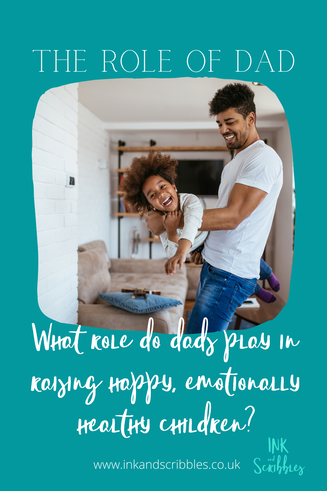
For a long time dads were a distant figure for children, even when living in the same home. A father was somebody who was out all day working and was to be left to rest on their return. A passive parent, leaving raising children to the mother, unless punishment was deemed necessary. Their traditional role was 'breadwinner', providing financially for the family. But the passing of time has seen change. The modern family looks different these days, with a variety of family set ups and mothers often contributing in a significant way financially. Research on child development and in the field of psychology has given us an emerging picture on parenting approaches and the true impact fathers have on children, from the quality of their sperm to the age of 18.
Research is changing the perception of fatherhood. Conscious parents are redefining the role of dad. Because the studies are clearly suggesting that when it comes to emotional health in children dads do matter.
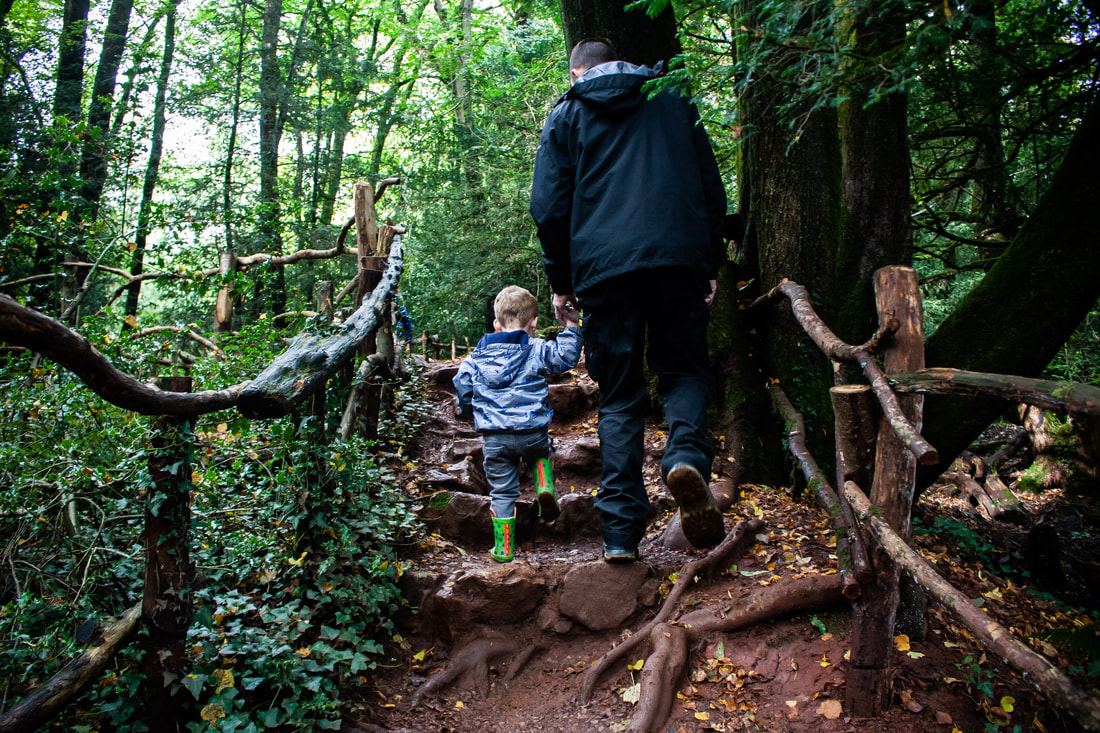
It’s hard to find common ground when it comes to parenting our children with our partners. The differences you and your partner had in childhood significantly impacts the approach that each of you take now. We are all heavily influenced by our own upbringing and the tendency is to repeat the parenting we experienced. The key is to decide what parenting we want our own children to experience, but that of course takes an element of awakening. I have many friends who make a great couple but parenting is the one area that causes many 'discussions'. Whispers of, "It never did me any harm," marking the end of many. When of course it probably did on some level. Add in personality or tolerance levels, and even if you’ve got similar parenting values, applying them in reality may not always make for the dreamy family life you envisioned. Familiar? ⠀⠀
In our home we are, fortunately, on the same wavelength. But despite being probably the most level, smartest person I’ve ever met, my husband turns to me when he doesn’t know how to handle a situation with the kids. Or THINKS he can’t. Even when he can. In our home the difference in our parenting approach comes down to our individual tolerance levels. We are both introverts, but my husband struggles more with too much sensory stimulation (loud kids with big emotions stresses his nervous system!). BUT, here’s the thing. Sometimes I don’t have the answer. Or my mum tank has been drained and I’m out of mum energy. Or I’m just trying to do my own thing for 5 mins without interruption!! ⠀⠀
It can feel like there is no real option for in that scenario. It can feel like a lose-lose situation for the parent who usually has more tolerance or a gentler mindset when it comes to parenting. For that parent it either can feel like you have to step up and find the reserves, taking what feels like more from yourself than your body and mind can really handle, or let the kids down. When I talk to friends and my instagram community, you tell me you feel the same. You feel overwhelmed in those moments where in a split second you see your two paths playing out ahead of you: find that bit extra, even though you’re so overstimulated by everyone else’s needs, or lose it. Letting out all your own stuff in big, hot, angry ways for a brief moment of relief, shortly followed by your child’s crumpled face and a tsunami of guilt. ⠀⠀
Compromise and personal development for both parents means one person doesn’t use up everything in their reserve tank before they’ve had time to refuel. This means creating a joint approach; talking through ideals and values to find a common ground, agreeing on approaches to regular issues, agreeing to back each other up and not undermine and stepping in for the other if you can see your partner struggling.
Share the load. And I mean the emotional one. It’s not down to one parent to do all the parenting. ⠀⠀
Categories
All
Anger
Anxiety
Behaviour
Calm Kids
Children's Well Being
Children's Well-being
Christmas
Confident Kids
Developing Emotional Intelligence
Discipline
Family Life
Growth Mindset
Highly Sensitive Children
Holistic Wellbeing
Mindfulness
Motherhood
Parenting
Parenting & World Events
School
Social Skills
Archives
April 2024
November 2023
October 2023
July 2023
May 2023
March 2023
January 2023
September 2022
June 2022
May 2022
January 2022
November 2021
October 2021
September 2021
July 2021
June 2021
April 2021
March 2021
February 2021
January 2021
November 2020
October 2020
September 2020
August 2020
July 2020
June 2020
May 2020
April 2020
March 2020
February 2020
November 2019
September 2019
July 2019
June 2019
April 2019
March 2019
Author
Hey! I'm the founder, creator and voice of Ink and Scribbles. Sharing thoughts on child well-being and parenting that are based on my teaching and parenting experience, and NLP learning.
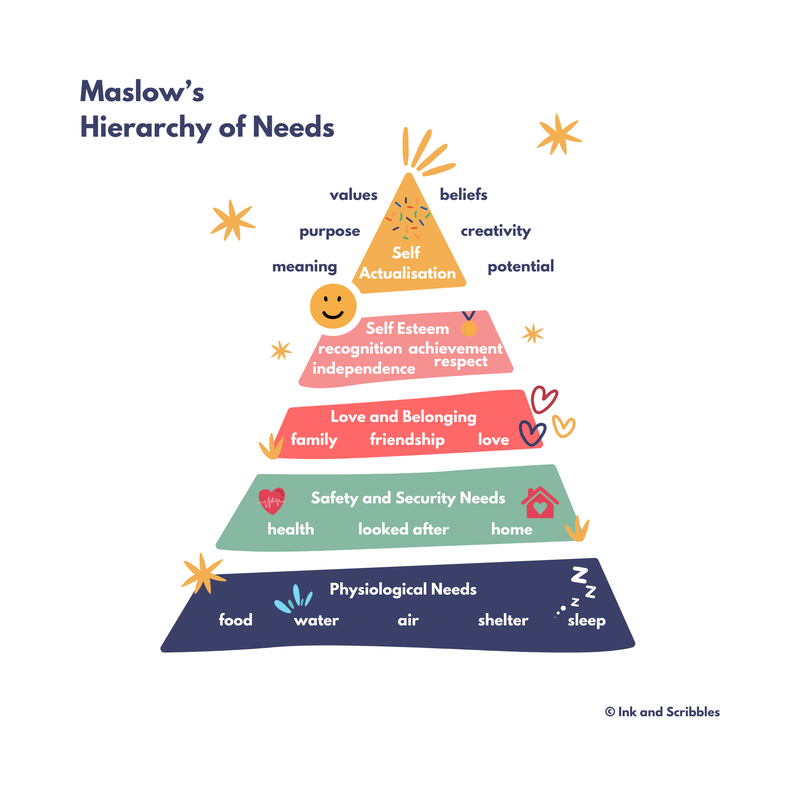

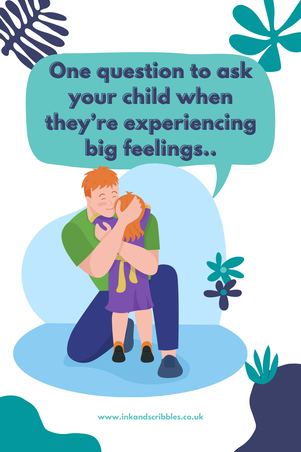
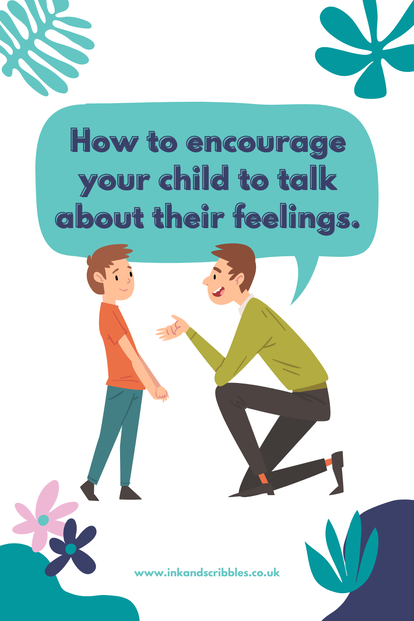
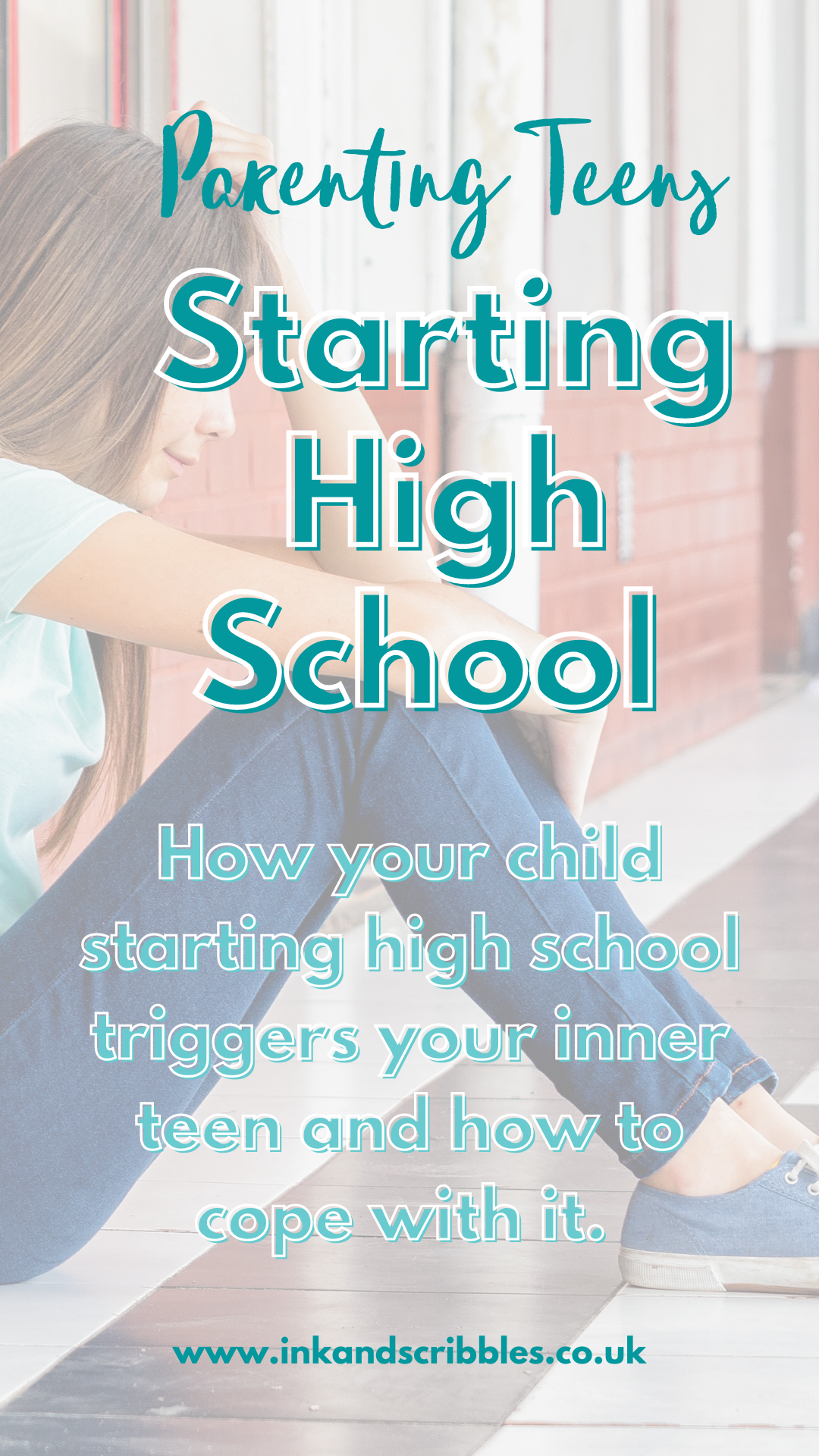
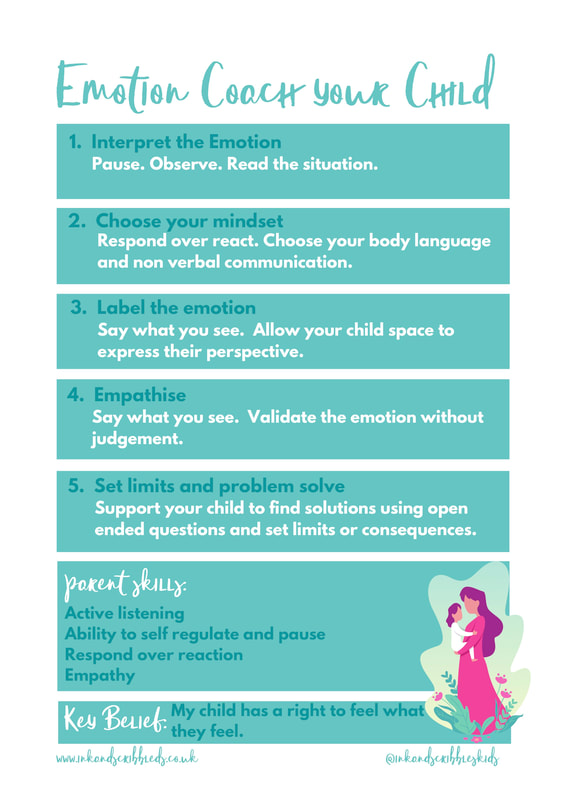
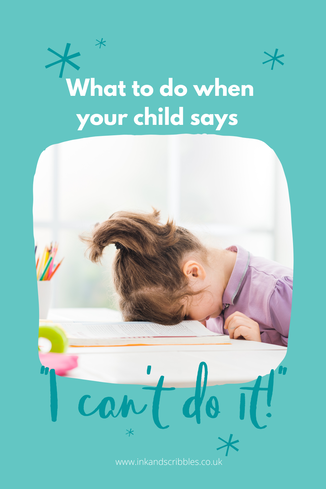

 RSS Feed
RSS Feed